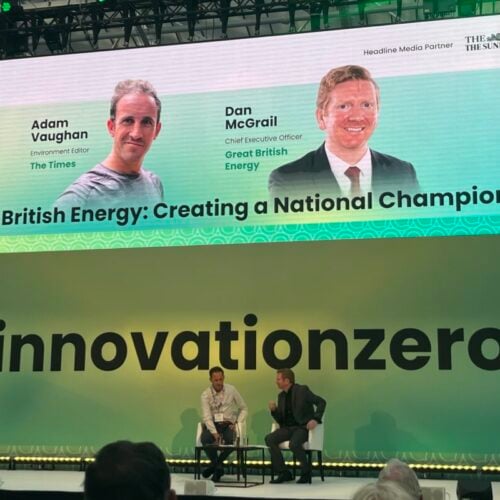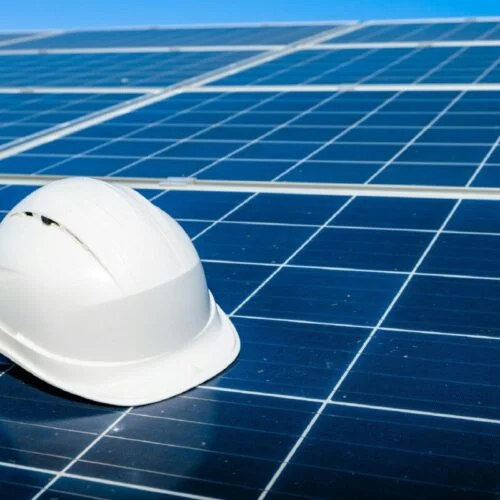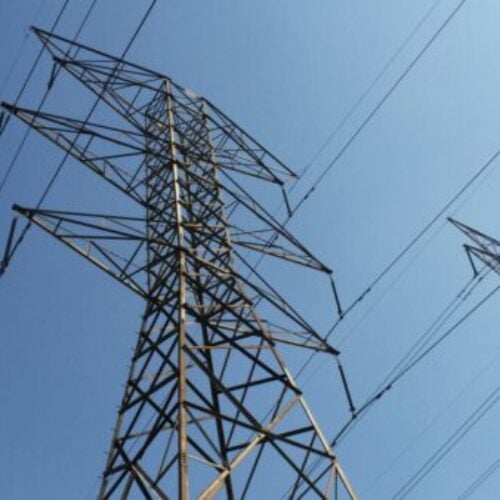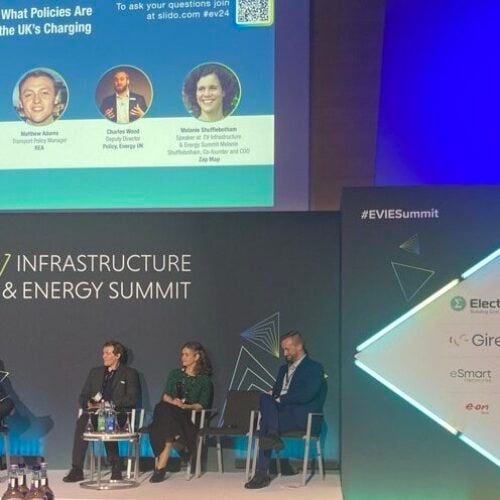SP Energy Networks (SPEN) has appointed Conrad Energy to provide reactive power to solve network constraints, in what it called a UK first.
As the UK moves to a more complex energy mix, there is an increasing need to find new ways to support system voltage to maintain stability. A key part of this voltage support is reactive power, which is where different types of equipment connected to electrical networks generate or absorb power in response to signals.
The distribution network operator (DNO) has therefore contracted with a third party to provide reactive power at a distribution level, to help it move towards a cleaner, greener network whilst keeping it stable.
“It’s really exciting to be the first UK DNO to be able to contract for reactive power at a distribution level and I look forward to the trial in August, proving the capability of this new flexibility service,” said Graham Campbell, head of Distribution System Operations at SPEN.
Full-service independent power producer Conrad Energy’s contract with the DNO will run from July till October, and include a pilot of the new technology across five days in August in Flintshire in Wales.
Lee Priestley, commercial director at Conrad Energy said that supporting the project by using its flexible generation site in Flint “cements our excellent relationship with SP Energy Networks and we are delighted to be working with them to further the transition to net zero.”
A number of projects looking to develop alternative sources of reactive power are underway in the UK, including two gas turbines at Triton Power’s Deeside Power Station being repurposed to provide inertia and reactive power to National Grid ESO in June, in what the operator hailed as a world first.
Also last month, a trial conducted by UK Power Networks and National Grid ESO found that up to £100 million could be saved with the introduction of a national reactive power market.






